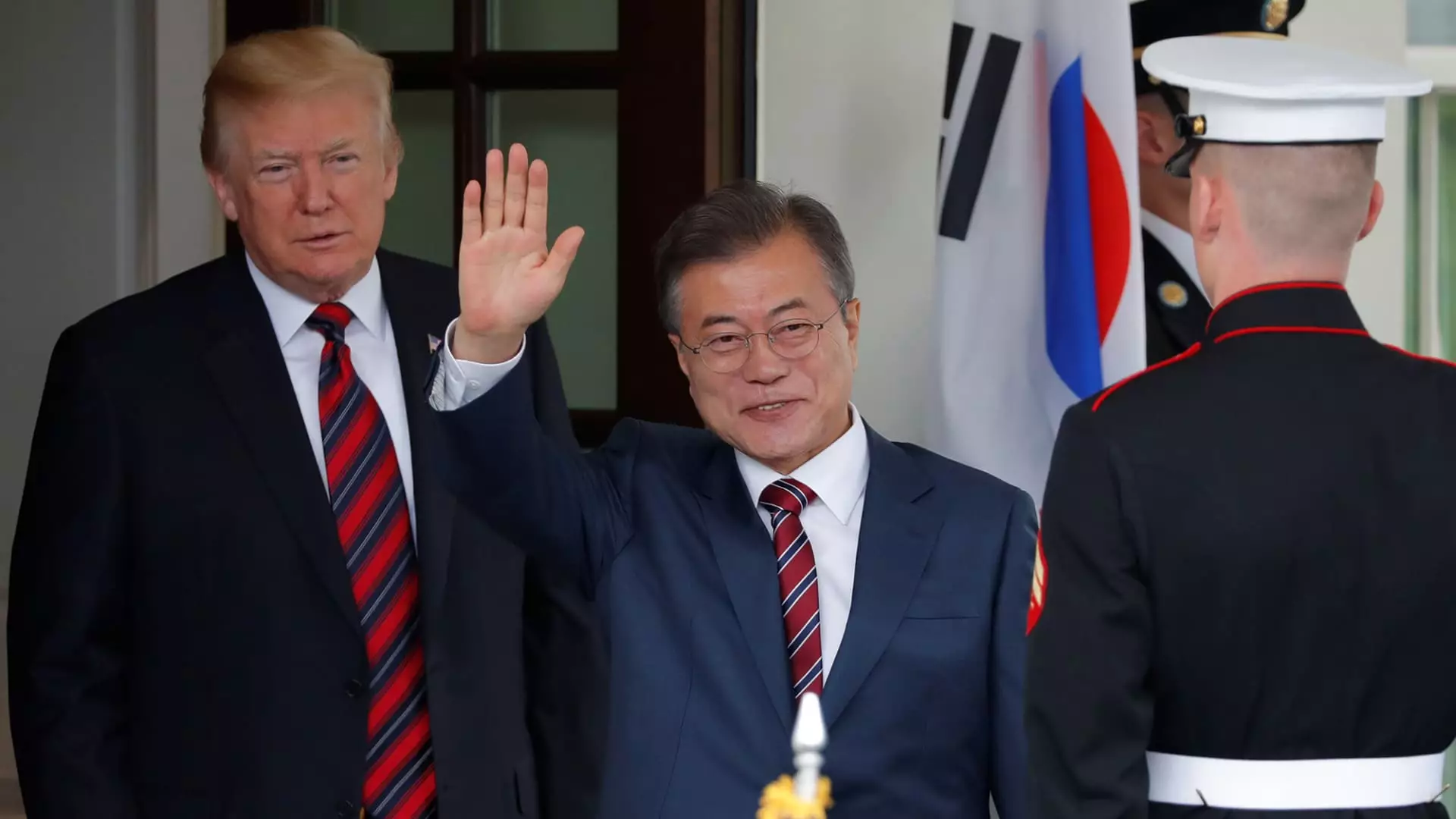The ongoing discourse surrounding tariffs in the United States has profound implications for various industries, notably the automotive sector. As the Biden administration deliberates over proposed increases in tariffs on foreign auto manufacturers, the risks and effects on American consumers and the broader auto industry, especially concerning imports from Japan and South Korea, cannot be overlooked. Analyzing this situation reveals layers of complexity that highlight both opportunities and vulnerabilities for American car manufacturers and consumers alike.
The Growing Influence of South Korea and Japan in U.S. Auto Imports
The automotive landscape in the United States is significantly shaped by imports from Japan and South Korea, accounting for over 16% of vehicles sold in 2024. Japan, traditionally a dominant player in this arena with manufacturers like Toyota, Nissan, and Honda, has seen its market share decline as South Korean counterparts, especially Hyundai and Kia, make substantial inroads. In fact, South Korea has emerged as the second-largest exporter of vehicles to the U.S. after Mexico, capitalizing on a free trade environment that currently imposes no tariffs on vehicles imported from the region.
However, a shift in U.S. policy regarding tariffs could dramatically alter this dynamic. Presently, while imports from Japan incur a 2.5% tariff, the proposed increments, particularly on South Korean imports, could have a ripple effect throughout the industry. The notion that South Korean manufacturers might face significantly higher tariffs looms large, especially for companies like Hyundai that have become key players in the U.S. market.
The ramifications of increased tariffs extend beyond manufacturers to directly impact consumers. Any additional duties imposed on imports are likely to influence pricing strategies, ultimately leading to higher vehicle prices for American buyers. Car companies frequently pass on the costs associated with tariffs onto consumers, which can curtail demand, especially for entry-level models—advertised as high-value vehicles by manufacturers like GM.
Jeff Schuster, an expert at GlobalData, warns that the exposure to tariff hikes is particularly acute for Hyundai and General Motors, both of which rely heavily on these imports. GM’s commitment to sourcing from South Korea has reportedly increased over the years, suggesting a strategic dependency that may backfire if tariffs are enacted. The fear is not merely a theoretical one; historical precedents demonstrate that significant tariffs can stifle consumer purchasing power and slow down sales figures.
Considering the historical context is essential in understanding the current situation. The 2018 U.S.-South Korea trade agreement, which was designed to enhance vehicle imports to Korea, ultimately did little to foster expanded exports to the U.S. Experts have noted that U.S. vehicle exports have actually decreased post-agreement. This juxtaposition highlights a broader issue regarding how the car industry navigates trade relationships and tariff implications.
Moreover, as the automotive landscape evolves, there’s a pressing need for regulatory frameworks that are equitable for all manufacturers. Ford’s CEO, Jim Farley, emphasized the importance of a comprehensive review of all countries affected, rather than a piecemeal approach. By selectively imposing tariffs, the government risks exacerbating competitive disadvantages for domestic manufacturers that often rely on international collaboration for diverse supply chains.
Long-Term Adjustments and the Future of the Automotive Industry
Navigating tariff-induced challenges isn’t new for the automotive industry. Historically, it has shown an exceptional ability to adapt to evolving trade landscapes. As noted by Terence Lau, former trade expert for Ford, while the industry can adjust over time, it requires strategic foresight and operational flexibility. The rapidness with which an automaker can pivot its operations depends largely on its existing infrastructure and global relationships.
Ultimately, as tariff discussions loom large, American consumers, manufacturers, and policymakers alike need to weigh the broader implications of such economic maneuvers. The ability to maintain a competitive edge in a global marketplace hinges not only on sound trade policies but also on fostering strong trade relationships that can mitigate the impacts of potential tariffs on industry growth and consumer accessibility.
As the automotive sector braces for potential changes, all eyes will be on how a multifaceted approach to international trade can facilitate a viable path forward—one that ensures both the resilience of the industry and the economic well-being of American consumers.

